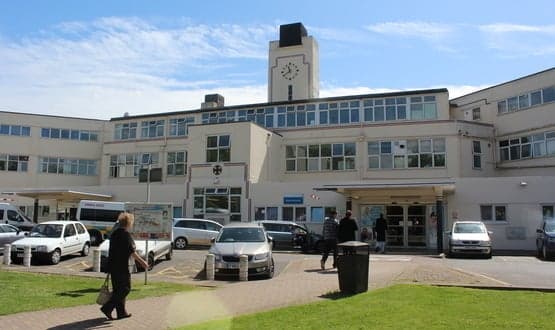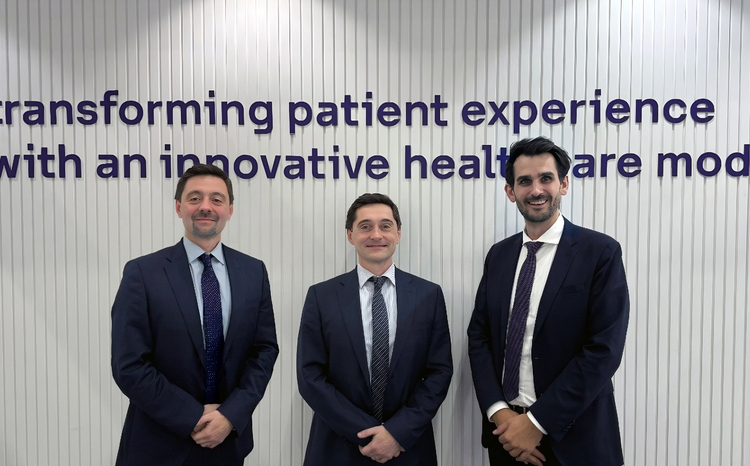East Kent Hospitals uses 3D printed models ahead of surgery
- 12 July 2022

East Kent Hospitals University NHS Foundation Trust surgeons are using 3D printed models and advanced image augmentation to help support patients ahead of surgery.
Being able to study a 3D printed model of a body part or an augmented image is helping urology consultants to better explain procedures to patients so they can visualise their treatment and understand why it is necessary.
The same tools are also enabling surgeons to plan operations in advance, as they can show the location of tumours – such as prostate cancer – as well as blood vessels and other structures.
Urology consultants at East Kent Hospitals are now investigating the use of these tools to see the impact they can have on robotic surgery procedures.
Consultant urological robot surgeon, Sashi Kommu, who is leading the project, said: “For patients due to have prostate cancer removed with the robot, if I can put a model of their prostate into their hand or show them advanced imaging animations of their own prostate, they can visualise it better than a traditional description.
“It means they can understand where the tumour is and why I am recommending that the whole gland is removed.
“It also helps the whole team in the operating theatre understand and plan what we are doing and I believe it could help us improve our outcomes in cancer surgery.
“We are using leading-edge technology to define the parameters of the tumour which means we can optimise our planning for surgery potentially even more accurately than ever before.”
East Kent Hospitals teamed up with Innersight Labs to create the 3D visualisations from MRI and CT scans and McKenzie Developments for the 3D models.
Scott McKenzie, from McKenzie Developments, said: “Being able to see the anatomy in the form of a model gives an extra layer of insight and takes away any uncertainty about what the team might encounter once they start the operation.”
It’s another innovative use of technology from East Kent Hospitals, who last summer became the first trust to use bluetooth technology to track patients on surgical wards.



